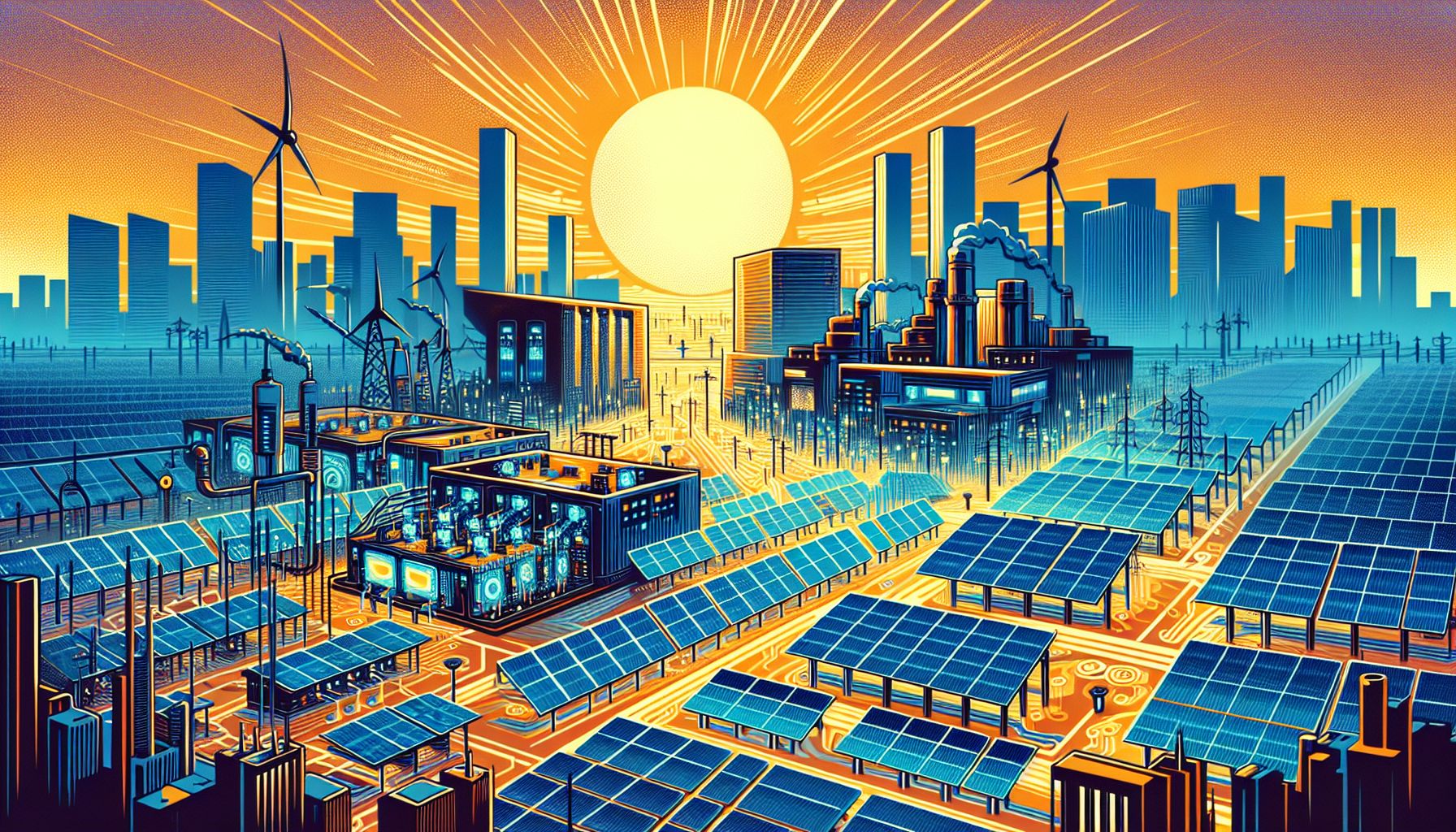Solar Panel Apps Pose Major Grid Security Risk, Warns TenneT

Arnhem, Wednesday, 21 August 2024.
Dutch electricity operator TenneT alerts to vulnerabilities in apps controlling millions of solar panels, potentially enabling hackers to cause widespread power outages. The centralized control of these systems presents a significant cybersecurity threat, with experts calling for urgent government action to strengthen regulations and protect the grid’s stability.
Centralized Control and Its Risks
Millions of solar panels in the Netherlands are controlled through centralized apps and websites provided by various suppliers. These platforms allow for seamless management of power production, quick resolution of disruptions, and optimization of solar energy efficiency. However, the centralization of control also makes these systems highly susceptible to cyberattacks. If a supplier’s system is hacked, it could lead to a widespread power outage, as warned by TenneT, a major Dutch electricity transmission system operator[1].
Potential for Large-Scale Disruptions
The ramifications of a successful cyberattack on these solar panel systems could be severe. Jan Vorrink, senior advisor on international affairs at TenneT, stated that while minor disruptions can be managed, there are no comprehensive plans for handling outages exceeding 3,000 megawatts. This gap in preparedness underscores the urgent need for enhanced security measures to prevent potential blackouts. IT expert Bert Hubert emphasized the gravity of the situation, claiming that such vulnerabilities could ‘destroy the entire electricity network’[1][2].
Calls for Stricter Regulations
Despite the looming threat, current regulations fall short of mandating stringent cybersecurity protocols for manufacturers of online control panels for solar panels. TenneT has urged the Dutch government to implement more robust regulations to address these vulnerabilities. The upcoming EU NIS2 directive might offer some relief by improving cybersecurity regulations for energy sectors, but explicit rules targeting solar panel management systems are necessary to ensure full compliance and protection[1][3].
Recent Incidents Highlight Vulnerabilities
Recent events have illustrated the real-world implications of these security flaws. A Dutch hacker managed to gain control of 4 million solar panel installations, exposing significant vulnerabilities within the management systems. This incident, along with similar exploits, highlights the critical need for immediate action. The potential for a simultaneous shutdown of all solar panels could collapse the European electricity grid, emphasizing the necessity for regulation and oversight[3].
Industry Response and Future Outlook
Industry groups such as SolarPower Europe have also called for explicit cybersecurity requirements under the NIS2 directive. The directive aims to categorize the energy sector as ‘Very Critical,’ necessitating heightened security measures. As the Netherlands continues to expand its solar capacity, with plans to upgrade 600 kilometers of high-voltage lines and add 400 kilometers more, the importance of securing these energy systems cannot be overstated. TenneT’s recent €2.5 billion deal with construction companies to expand the power grid further underscores the rapid growth of renewable energy infrastructure and the need to safeguard it against cyber threats[3][4].

